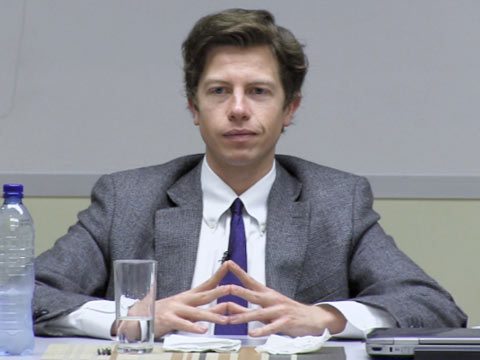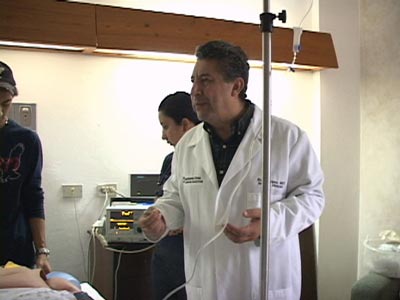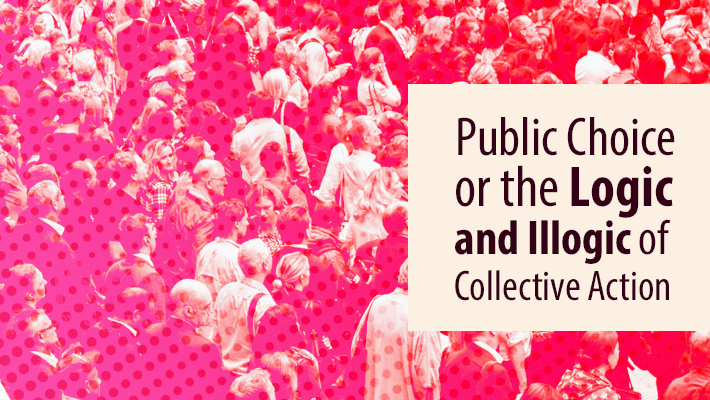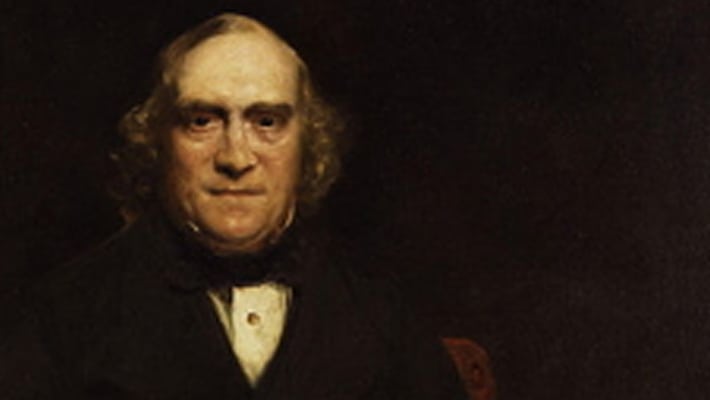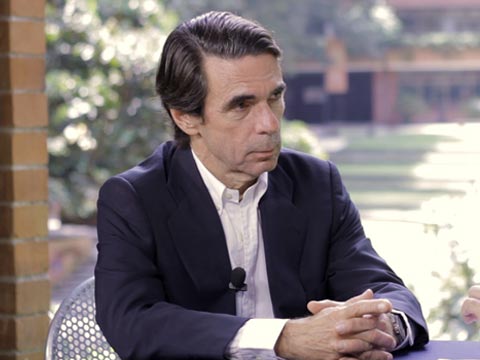About this videoMax Manwaring explains that war has undergone fundamental changes during the last decades. War as a battle in the fields between armies, and war as a massive decisive event, no longer exists. Nowadays, non-governmental actors are the main players in conflicts around the world. Dr. Manwaring describes the tools non-state organizations use to fight their enemies as well as the changing nature of their goals. He also discusses Venezuelan President Hugo Chávez's unconventional military transition and his six-phase program designed to establish a Bolivarian state in Latin America. Dr. Manwaring goes into the important role played by the media and public opinion in modern war. While emphasizing the importance of responsible and accurate free speech, he describes the damage that can be done when the media become polarized and readily manipulated. |
|
CreditsSeminar: Unconventional Conflicts Precipitated by Non-State Actors (Day 2, Part I)
| |





